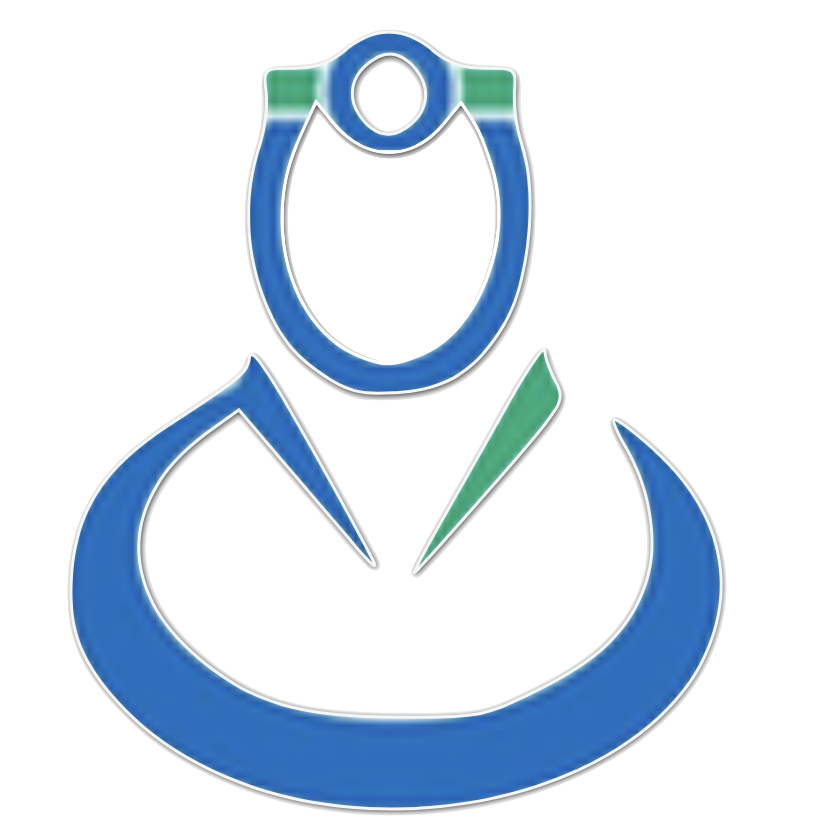Opportunities and Challenges for Healthcare Professionals
Introduction:
Medical informatics, which combines information technology with healthcare, is rapidly transforming the landscape of the healthcare industry. As technological advancements continue to shape the way healthcare services are delivered, it is crucial to examine the prospects for job growth and losses in this rapidly evolving field, with a particular emphasis on the impact of artificial intelligence (AI). This article will explore who stands to benefit from AI in medical informatics and who should be cautious of the challenges it presents.
The Rise of AI in Medical Informatics:
AI is revolutionizing medical informatics by enabling the development of sophisticated algorithms and machine learning models that can analyze vast amounts of healthcare data. From disease diagnosis and treatment planning to drug discovery and personalized medicine, AI is poised to transform various aspects of healthcare delivery. The integration of AI in medical informatics is expected to create new job opportunities for professionals with expertise in data science, machine learning, and AI development. These individuals will play a crucial role in designing, implementing, and maintaining AI-powered systems in healthcare organizations.
Benefits for Healthcare Providers:
Healthcare providers, such as physicians and nurses, can greatly benefit from AI in medical informatics. AI-powered tools, such as clinical decision support systems, can assist in making accurate diagnoses, recommending appropriate treatments, and identifying potential risks. By leveraging AI algorithms that analyze patient data, medical images, and scientific literature, healthcare providers can make more informed decisions and improve patient outcomes. Furthermore, AI can streamline workflows, reduce administrative burdens, and allow healthcare providers to focus more on direct patient care.
Impact on Administrative and Support Roles:
While AI presents exciting opportunities in medical informatics, it also poses challenges for certain roles within the healthcare sector. Administrative and support positions, such as medical coding, billing, and data entry, may face a higher risk of automation. As AI algorithms become more sophisticated in understanding and processing medical records, some repetitive tasks could be performed by computers, potentially displacing human workers. It is essential for individuals in these roles to upskill and adapt to the changing demands of the industry, perhaps by acquiring knowledge in AI-related fields or transitioning to roles that involve managing and interpreting AI-generated insights.
The Need for Continuous Education and Training:
To thrive in the era of AI in medical informatics, healthcare professionals must commit to continuous learning and skill development. Educational institutions and employers should offer training programs and certifications in AI and data science specifically tailored for healthcare applications. These programs should aim to bridge the gap between the medical and technical domains, enabling healthcare professionals to understand and effectively utilize AI tools. Additionally, promoting digital literacy and fostering an adaptable mindset will be crucial in helping healthcare professionals navigate technological changes and make the most of AI-powered medical informatics tools.
Ethical Considerations and Collaborative Efforts:
The integration of AI in medical informatics raises important ethical considerations, such as data privacy, algorithmic bias, and transparency. It is crucial to develop robust ethical frameworks and guidelines to ensure the responsible development and deployment of AI in healthcare. Collaboration among healthcare professionals, AI experts, ethicists, and policymakers will be essential in addressing these challenges and building trust in AI-powered medical informatics systems. By fostering interdisciplinary partnerships and engaging in open dialogue, the healthcare industry can harness the potential of AI while mitigating potential risks and unintended consequences.
Conclusion:
AI is set to revolutionize medical informatics, bringing both opportunities and challenges for healthcare professionals. While AI-related roles in medical informatics are expected to experience significant job growth, certain administrative and support positions may face a higher risk of automation. To thrive in this evolving landscape, healthcare providers must embrace AI technologies, acquire new skills, and commit to continuous education. By fostering interdisciplinary collaboration, addressing ethical concerns, and adapting to the changing demands of the industry, healthcare professionals can position themselves for success in the era of AI-powered medical informatics and deliver enhanced, more efficient patient care.
By Dr. Jose A. Cisneros, MD,PhD


Recent Comments